Europe’s aviation authority identified some areas near Russia, Ukraine and the Middle East, where GPS signals are getting jammed or spoofed.
Russia’s invasion of Ukraine has already impacted the aviation industry, as we have seen. But while many of its effects are a result of sanctions, some are considerably more direct, in nature. We already saw that there is significant interference in GPS-based systems near Kaliningrad, as well as eastern Finland. It now appears that there are more areas where such interference worries aviation authorities.
The latest information on this matter is coming from the European Aviation Safety Agency (EASA). Its Safety Information Bulletin identifies issues with Global Navigation Satellite Systems (GNSS) in specific geographical areas. Some of the areas of this GPS interference are near Russia or Ukraine. But one, in particular, is not. However, this is an area where airlines had seen such interference before.
The areas that EASA identifies are as follows:
- Kaliningrad region, surrounding Baltic sea and neighbouring States;
- Eastern Finland;
- The Black Sea; and
- The Eastern Mediterranean area near Cyprus, Turkey, Lebanon, Syria and Israel, as well as Northern Iraq.
The Black Sea isn’t surprising, as an area seeing GPS interference, as it is close to Russia and Ukraine. Eastern Finland and Kaliningrad are somewhat less easy to explain, but at least they are close to Russia. However, the eastern Mediterranean makes somewhat less sense. On the other hand, this isn’t the first time this part of the world sees such interference.
Previous GPS Problems In Israel And Nearer To Russia
In 2019, Israeli authorities noted GPS interference in the area, that they attributed to Russia. At this time, Russian forces were quite active in the war in Syria. Russia denied any involvement at the time. But the GPS interference was strong enough to affect flights into Tel Aviv’s Ben Gurion Airport (LLBG).
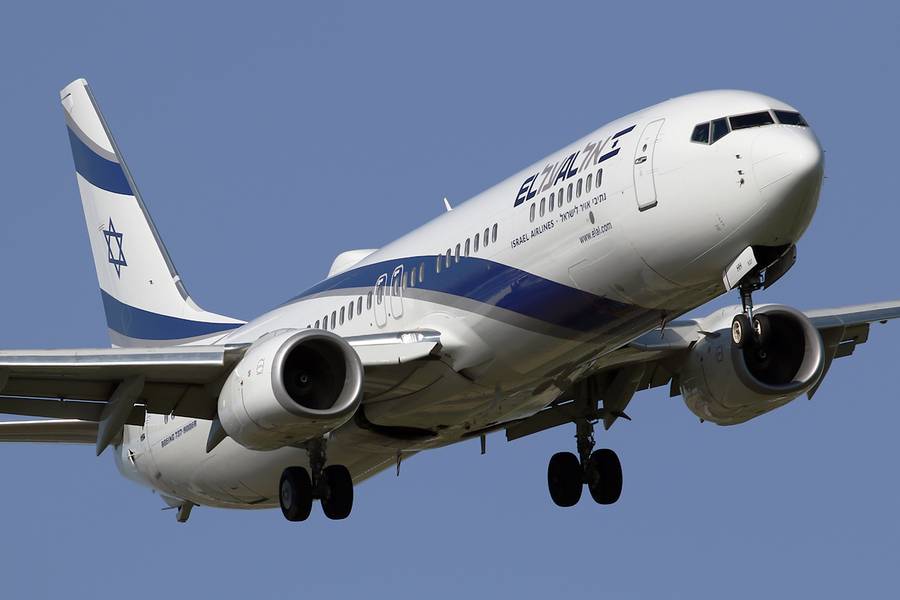
Similarly, this isn’t the first time that GPS interference affects the Black Sea, in Russia’s southern borders. Worse, in previous years, sea Captains reported that their GPS placed them many miles inland! And this means that they were subjected to GPS spoofing, not jamming. For ships, sailing in good weather, this may seem relatively harmless. But it could lead ships into contested waters, which could have serious diplomatic and/or safety implications.
Going beyond Russia and Ukraine, GPS degradation and spoofing can have serious implications on commercial aviation. EASA’s safety bulletin identified these risks as follows:
- Loss of ability to use GNSS for waypoint navigation;
- Loss of area navigation (RNAV) approach capability;
- Inability to conduct or maintain Required Navigation Performance (RNP) operations,
- including RNP and RNP (Authorization Required) approaches;
- Triggering of terrain warnings, possibly with pull up commands;
- Inconsistent aircraft position on the navigation display;
- Loss of automatic dependent surveillance-broadcast (ADS-B), wind shear, terrain and
- surface functionalities;
- Failure or degradation of ATM/ANS/CNS and aircraft systems which use GNSS as a time
- reference;
- Potential airspace infringements and/or route deviations due to GNSS degradation.
Originally, the purpose of GPS in the USA and GLONASS in Russia was a military one. But satellite navigation has evolved into something that has a multitude of uses, over the years. And this long list of systems and procedures in airline operations that GPS depends on is worrying for some.
Possible Alternatives To GPS?
For some time now, many in aviation have called attention to the industry’s dependence on GPS. When it first came on the scene, GPS replaced (in part) other, ground-based navigation aids. But now some believe that new ground-based backups for GPS are long overdue. Some countries use such ground systems, especially in military roles. These countries include China and Russia.
In many cases, GPS jamming has little to do with countries like Russia, China and other national actors. There have been cases where individuals have used portable jamming devices, to stop their bosses from tracking where they go in company cars. This is a case of so-called “brute force” jamming.
Actual GPS signal from satellites becomes quite weak, by the time it gets to earth. This makes it possible for a small device, transmitting in the same frequency, to generate enough noise, disabling it. Of course, these small portable systems, as with any other form of GPS jamming, are illegal. Even though they typically have a very short range, they can still affect aircraft when they are near airports.
China, Russia and other countries use a form of Enhanced Long-Range Navigation (or eLoran) as a ground-based GPS alternative. In its earliest form, LORAN was a tool the US Navy used in the second world war, to guide convoys across the Atlantic. With similar technology to GPS today, it may be a viable GPS alternative. The US Coast Guard is testing such a system for marine use.
Russia’s invasion of Ukraine and the ensuing sanctions seem likely to change many industries, like aircraft leasing. And while no authority has explicitly named Russia as the source for these GPS disruptions, perhaps the event will hasten moves to develop alternative systems.

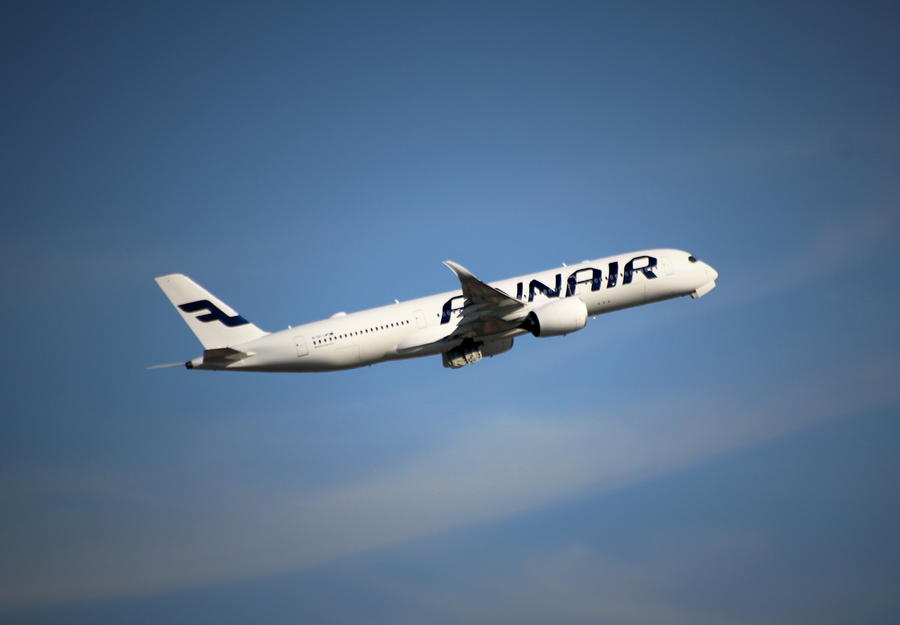
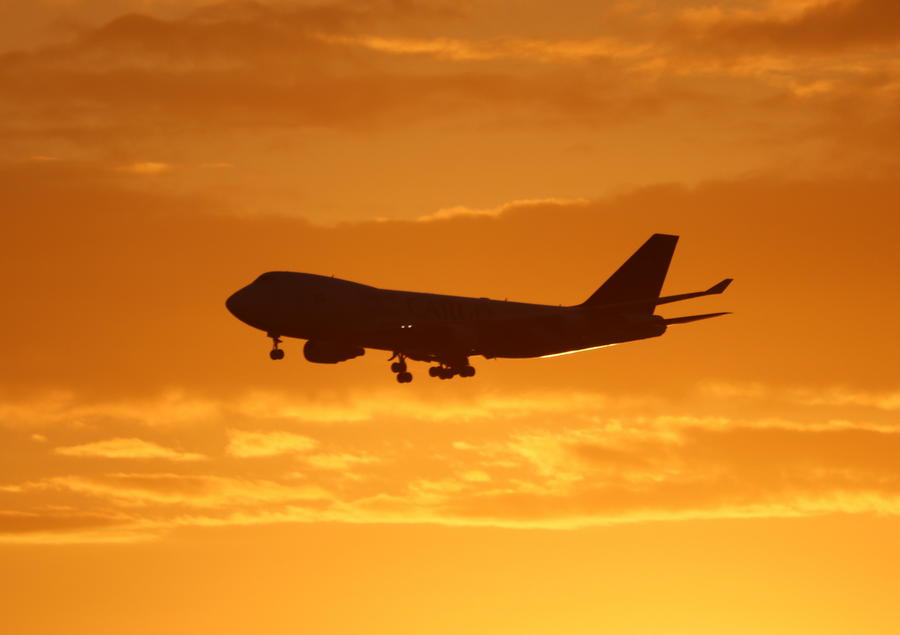
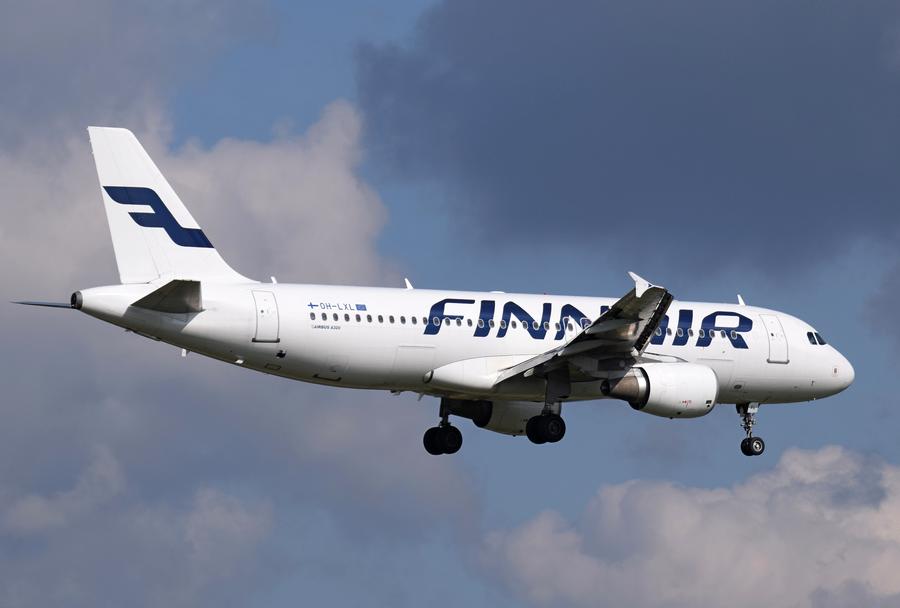
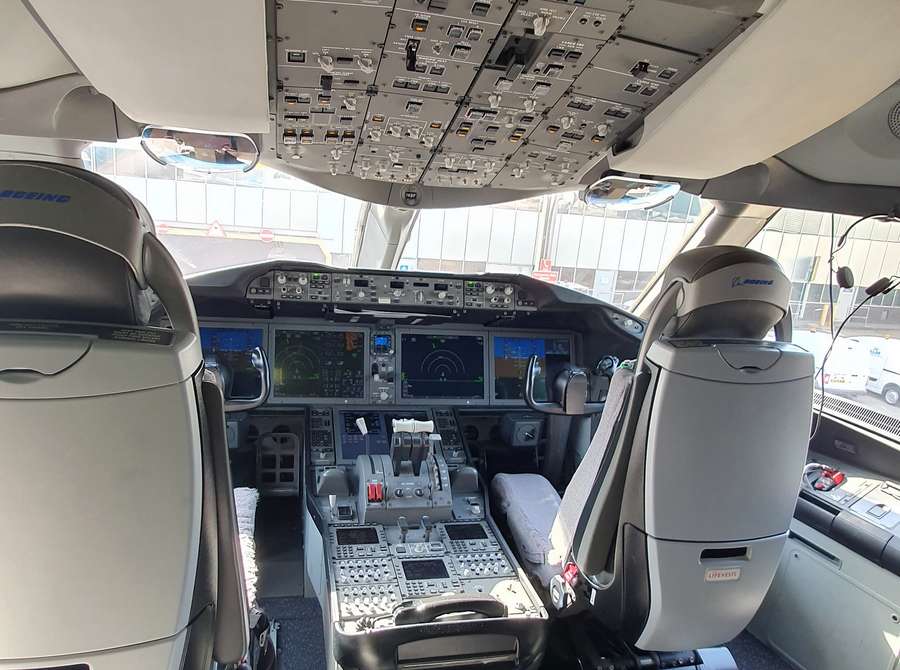




1 comment
dezsoke
A video on the subject would be much appreciated. (Risks, alternatives, consequences, defense against jamming/spoofing)